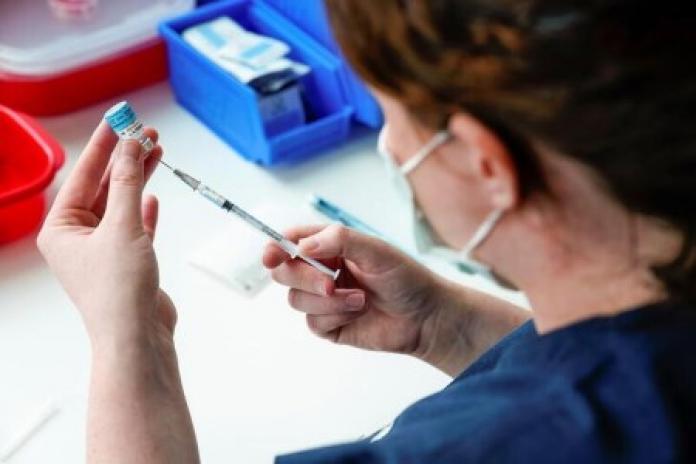
(Reuters)— Australia’s Victoria state on Wednesday unveiled plans to develop an onshore messenger-RNA (mRNA) vaccine manufacturing facility and launched three mass coronavirus immunisation centres to speed up the national inoculation programme.
Victoria would spend A$50 million ($39 million) initially to set up the mRNA facility in the state, which authorities said could become the first such centre in the southern hemisphere. The mRNA technology is used in COVID-19 vaccines developed by Pfizer,and Moderna.
Australia’s immunisation drive was thrown into disarray earlier this month after the government restricted the use of AstraZeneca’s COVID-19 vaccine, which uses a different technology and is the mainstay of the country’s inoculation drive, due to rare bloodclotting cases.
“It is vital that we can develop and manufacture mRNA vaccines and treatments locally to ensure we have vaccine security here in Australia and across our region,” Victoria Acting Premier James Merlino said in a statement.
Several countries are trying to procure more COVID-19 vaccines from Pfizer and Moderna Inc, that use the mRNA technology, as no major side effects have been identified so far among vaccine recipients.
Reports of possible links between vaccines from AstraZeneca and Johnson & Johnson and rare blood clotting issues have sidelined those shots.
Australia currently produces AstraZeneca’s coronavirus vaccines in the country but earlier this month restricted its rollout to people above 50 years.
Merlino said he is liaising with the federal government on the plan and estimated the cost to build the plant could be in “the hundreds of millions of dollars”. It could take at least a year for the vaccines to be made in the country, he said.
Victoria, meanwhile, set up three mass immunisation centres in the state on Wednesday to administer AstraZeneca vaccines for anyone above 70 years.
Though Australia has fared much better than many other developed countries during the pandemic, with around 29,500 cases and 910 deaths, only about 1.70 million total doses have been administered so far, far short of the 4 million pledged by end-March.






